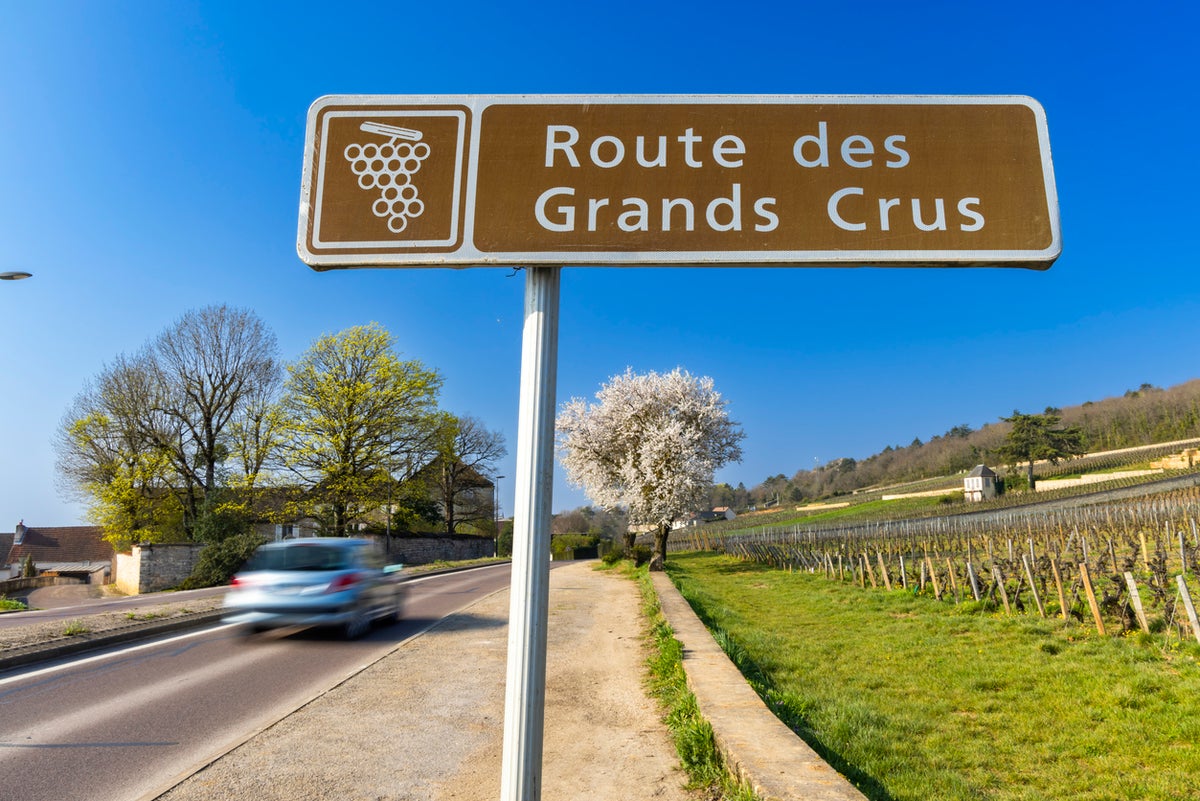
The windows of the houses in the little town of Troyes, Champagne, sparkle with light like open doors on an Advent calendar. The snow has disappeared since I set off, and although the air has a distinct nip to it, I am cosy and warm, enjoying a lavish café gourmand at Le Jardin with a glass of champagne in my hand. “When in Champagne,”I think.
With a split life between my family and many of my friends living in the UK and me in Lyon, France (not to mention falling into the age bracket where all of my friends are getting married), I make the journey between Lyon and Cornwall, where I grew up, all too often. It could easily be a recipe for an elephantine carbon footprint – so to avoid this, I never fly between the two.
Instead, I usually travel by rail – but while I can’t praise Eurostar highly enough, the high fares can be a stinger, and at Christmas, train strikes on both sides of the Channel were proving prohibitive. So I decided to road trip via Champagne, listing my ride on Blablacar and picking up passengers and Christmas presents en route.
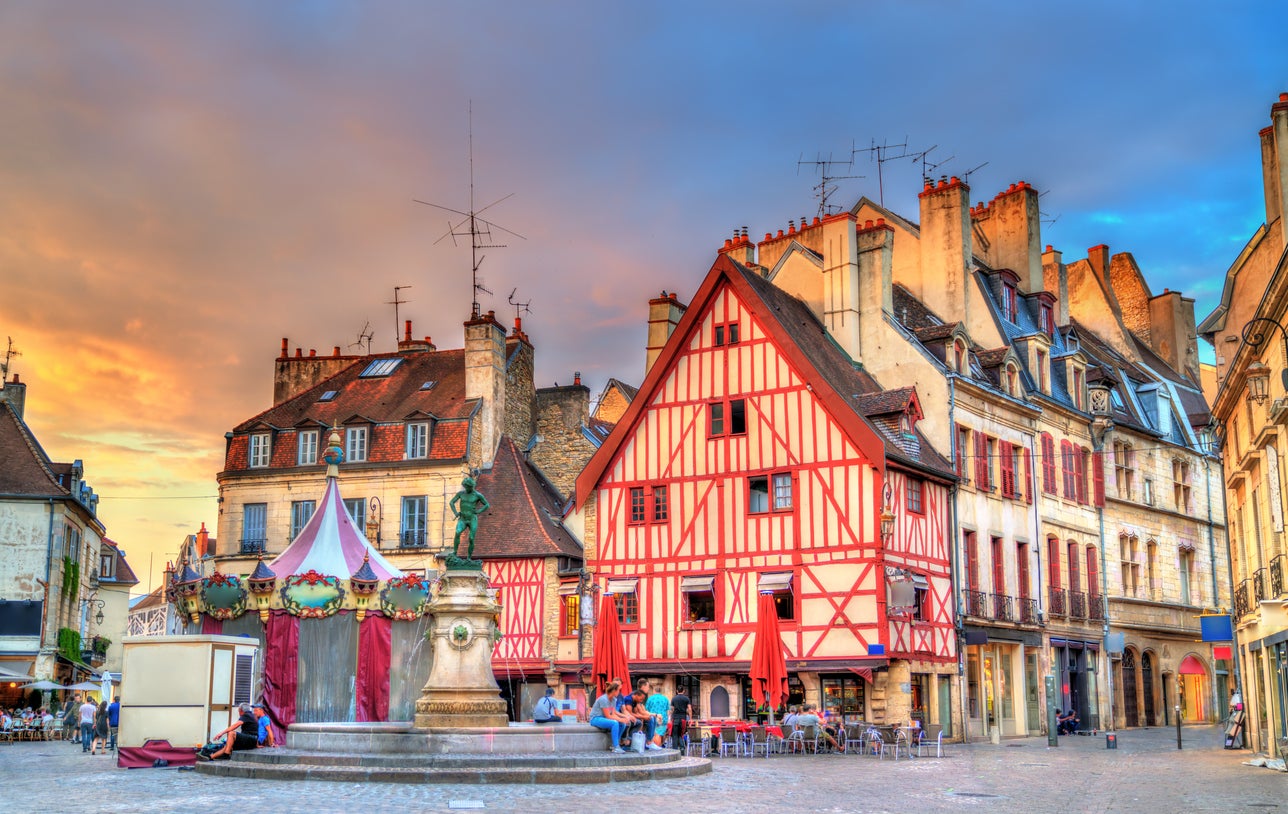
Blablacar is a French-created ride-sharing app that’s been around since 2006, but is criminally underused by those outside the country. You sign up and share the drive you’re planning to make, offering to pick up passengers along the way, who contribute to fuel (making your journey cheaper) and save bringing extra vehicles on the road (lessening your collective carbon footprint). It aims to address the fact that 76 per cent of long-distance travel in Europe is done by car, but with an average occupancy rate of only 1.9 people. More people in fewer cars equals fewer cars on the road, and much less carbon.
Driving north from Lyon felt like travelling through the wardrobe to Narnia as the motorway sped past snow-covered vineyards, the usually golden stones of Beaujolais villages and little church spires frosted white. We pass Beaune, Burgundy’s wine capital, with geometric tiled roofs, before stopping in Dijon.
The architecture changes here, half-timber buildings like an Elizabethan stage set. Dijon owes much of its fame to mustard, but it would be a shame to come solely to sample the condiment and to miss the Gothic façade of the Notre-Dame Church, which has three rows of elaborately carved gargoyles. I pick up a student here, heading home for the holidays, and he joins my other passenger, a woman living in French Guiana who fled her native Vietnam as a child during the Vietnam War.
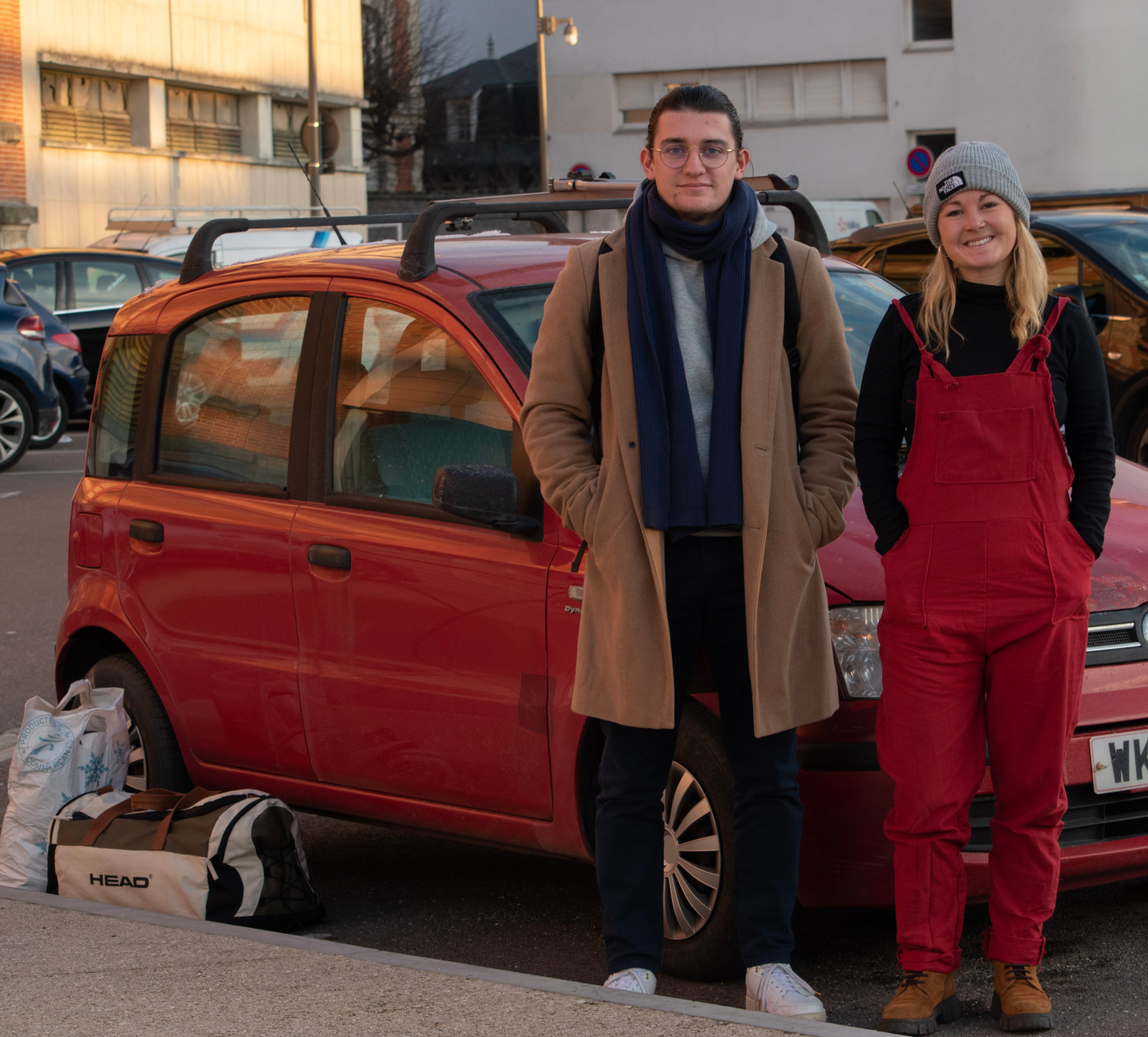
We arrive in Troyes. Before I meet friends for dinner I explore the cobbled streets, the expansive Christmas market and Gothic cathedral. I stumble upon an excellent wine shop, Aux Crieurs de Vin, which has their own brand of Champagne. It’s delicious and, since I’m driving, there’s plenty of space to take a few bottles back.
The car is full the next morning. I begin my journey with three women, the youngest of whom is travelling with her kitten Tesla. Nose out of joint at being bundled into a Fiat Panda, Tesla mews loudly the whole way to Reims.
For more than 1,000 years, French monarchs were crowned in this northeastern city. It’s lower key these days, home to a large student population, chalky champagne cellars, cathedrals of epic proportions, and the Carnegie Library, a beautiful, early 20th century library with elaborate stained glass windows.
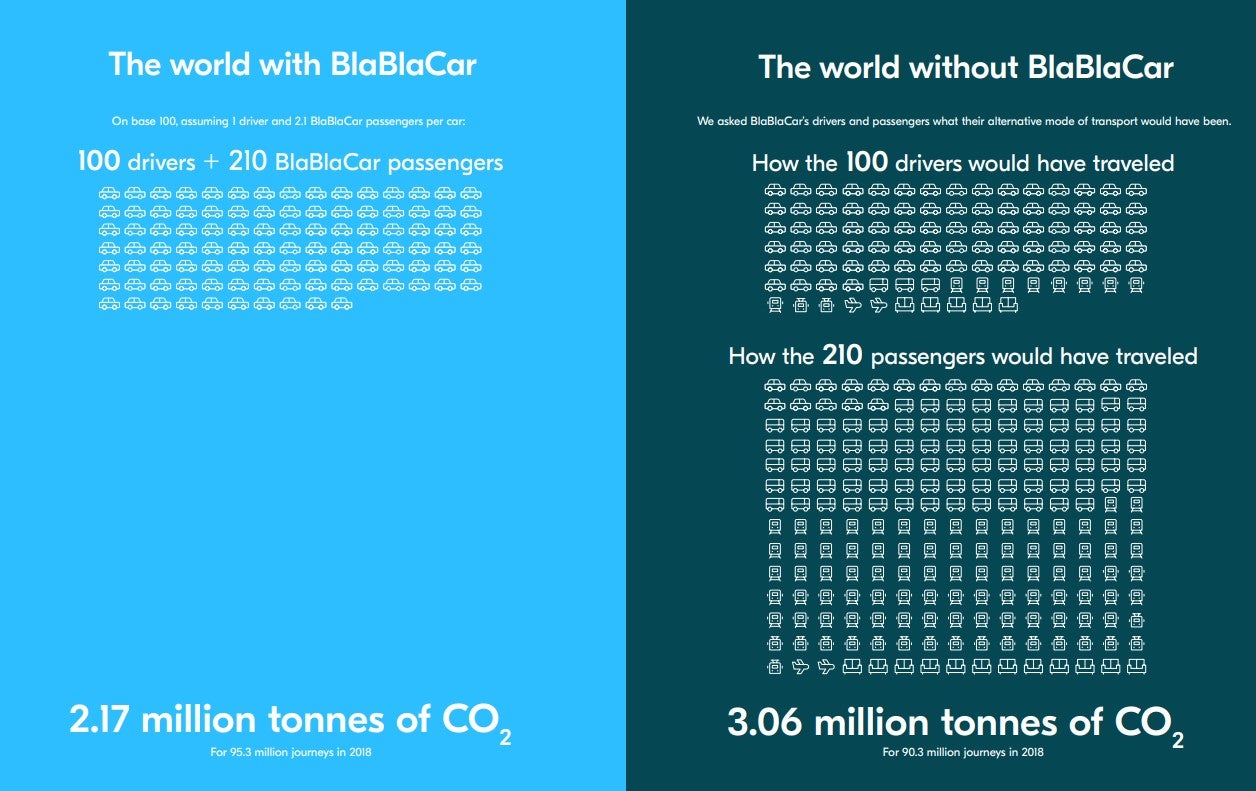
In the final three hours from Reims to Calais, the landscape flattens. The vineyards disappear, and many of the little towns we pass are built in red brick and look somewhat British. I’ve swapped some passengers, but three seats are still filled, and we skirt around the edges of Arras, regrettably missing what’s reputed to be one of the finest Christmas markets in the country.
A paltry 1.5 million UK users are signed up for Blablacar, compared to 20 million in France, and although I list each leg of my UK journey on Blablacar over a week before I set off, I only have one booking. When I collect my first passenger, Ihsane, in Canterbury, I’m not surprised to find out he’s French. In Bristol I pick up two bedraggled hitchhikers making their way home from university. They helpfully give me a live commentary of the Fifa World Cup final as we travel.
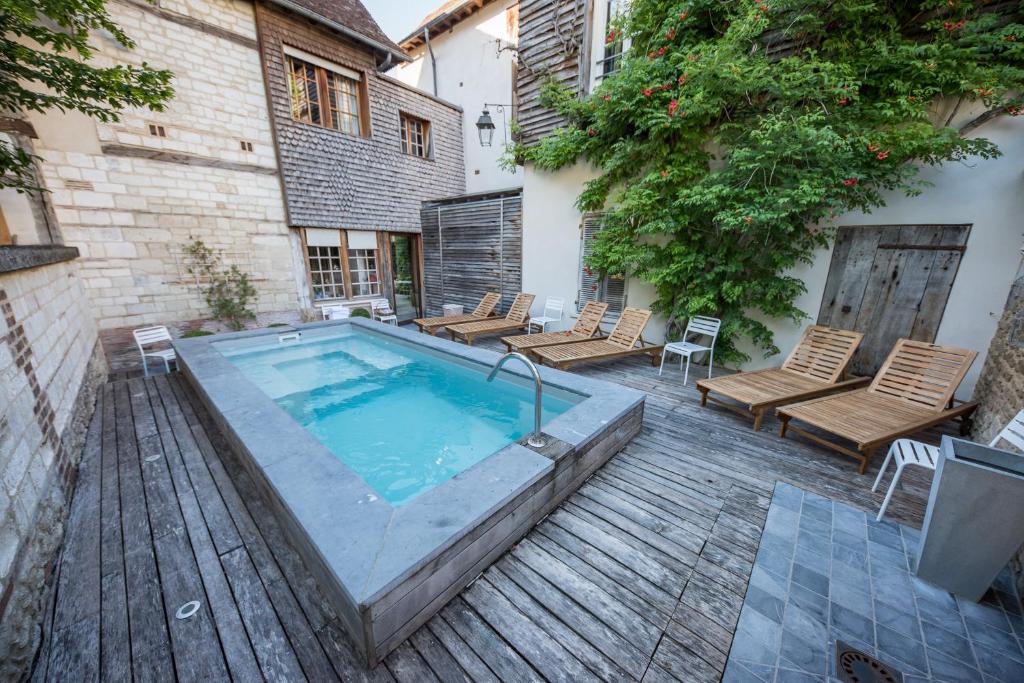
In total I receive €102 from my carpooling passengers in France, which covers all my fuel and part of the tolls payable along the way. Seven people travelled with me on a journey that I calculated emitted a total of 173kg of CO2. In the UK, I receive a grand total of £9 – barely enough for a roadside coffee and sandwich. It seems we’ve got a long way to go when it comes to embracing carpooling – the ultimate green and economical travel choice.
Travel essentials
Getting there
Blablacar makes it easy to list your journey and set prices for different sections. You can choose whether to let passengers book automatically or whether to respond individually to each request.
Staying there
Le Champ des Oiseaux in central Troyes has buckets of character and a timber-fronted façade. Doubles start from €259 (£229), room only.







